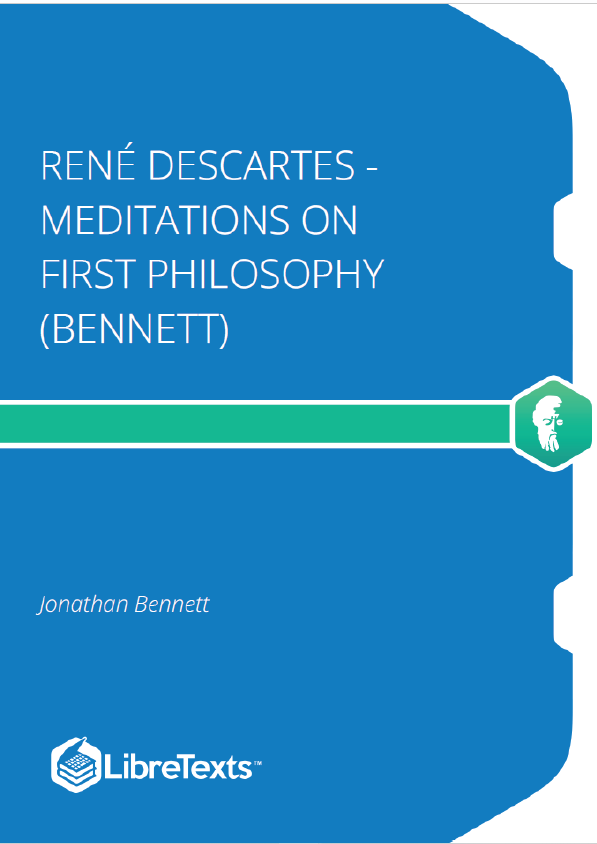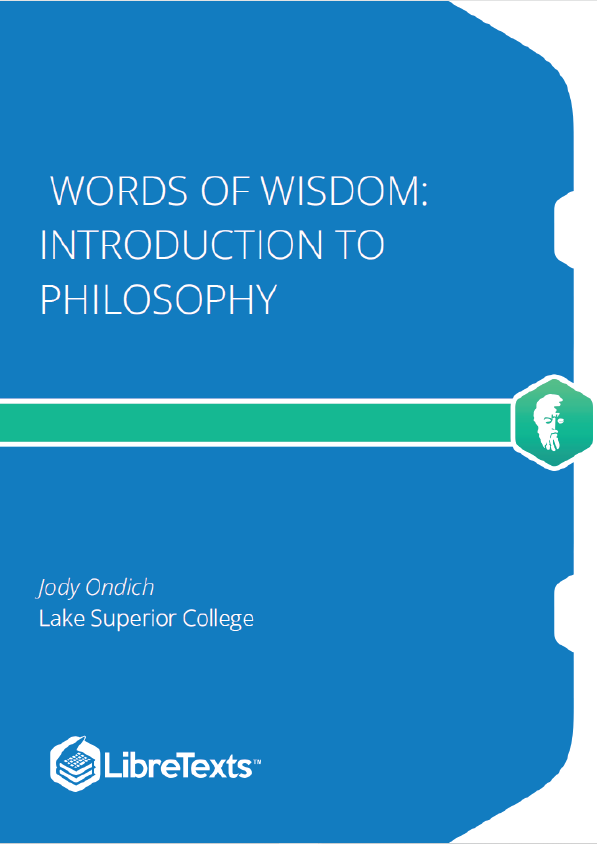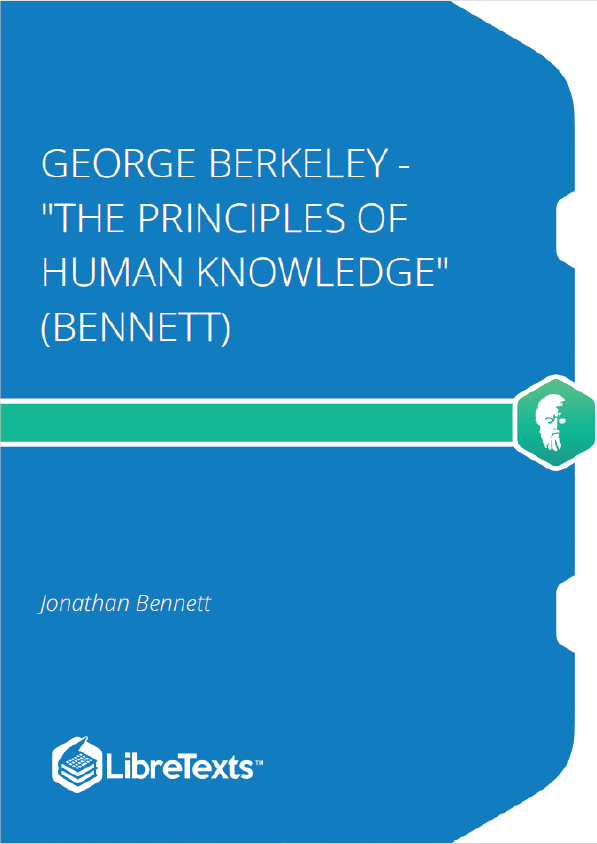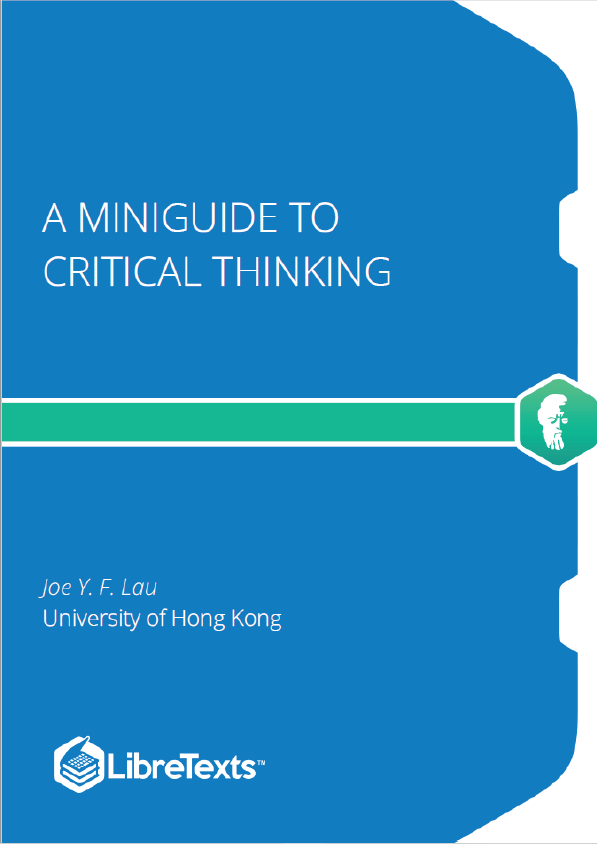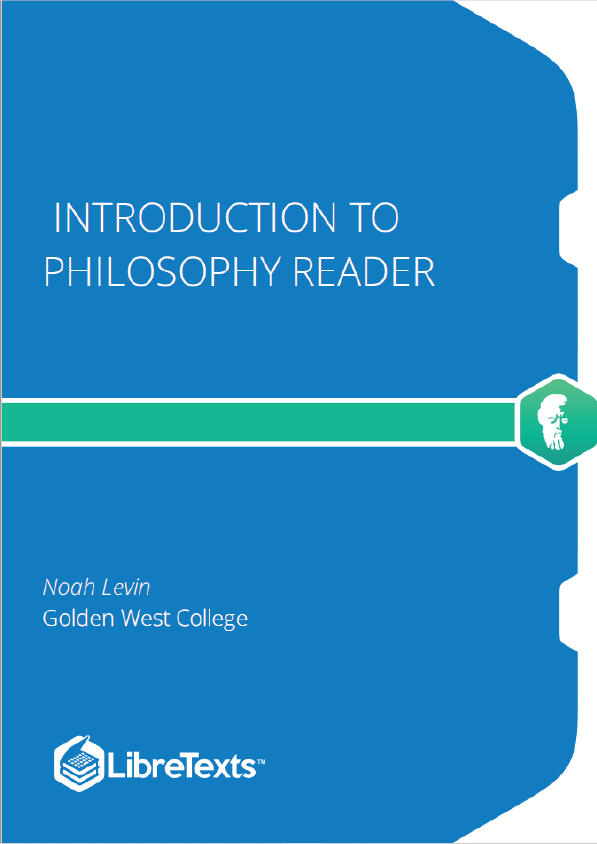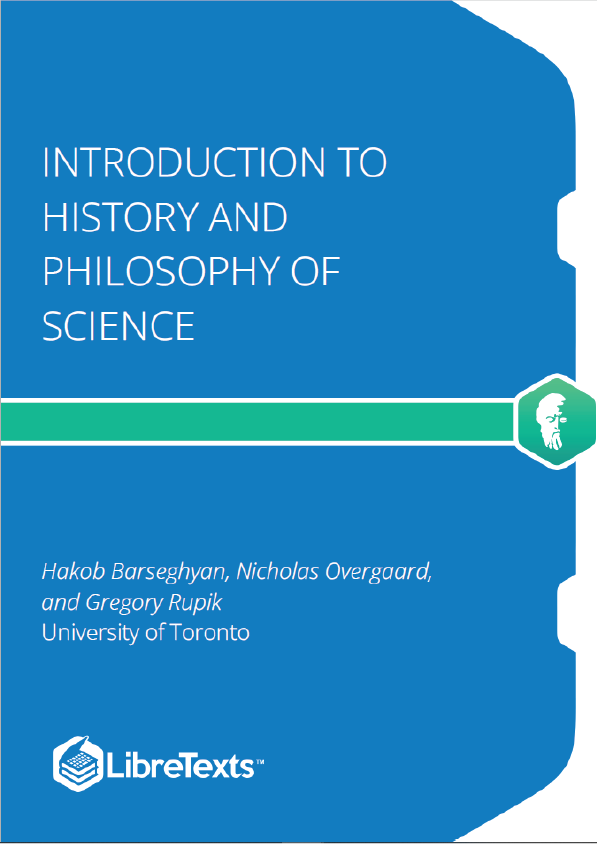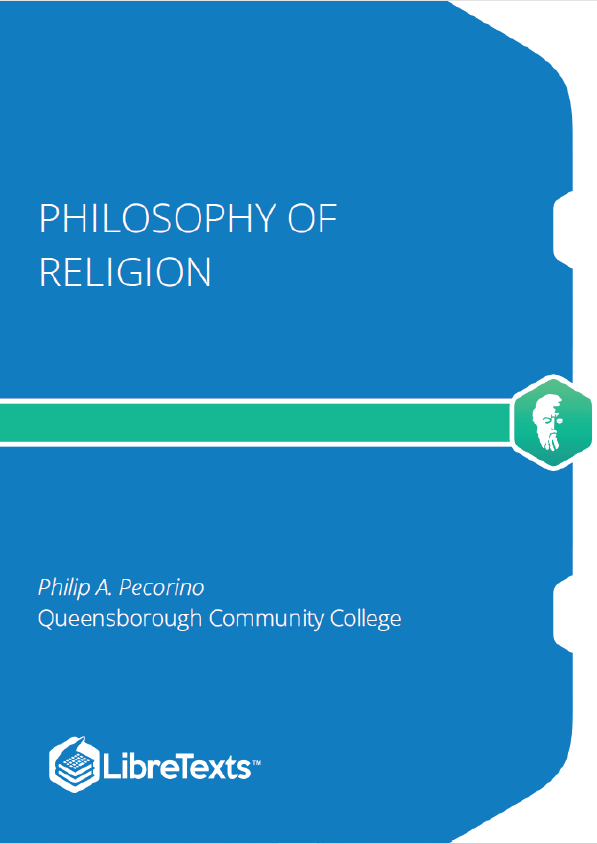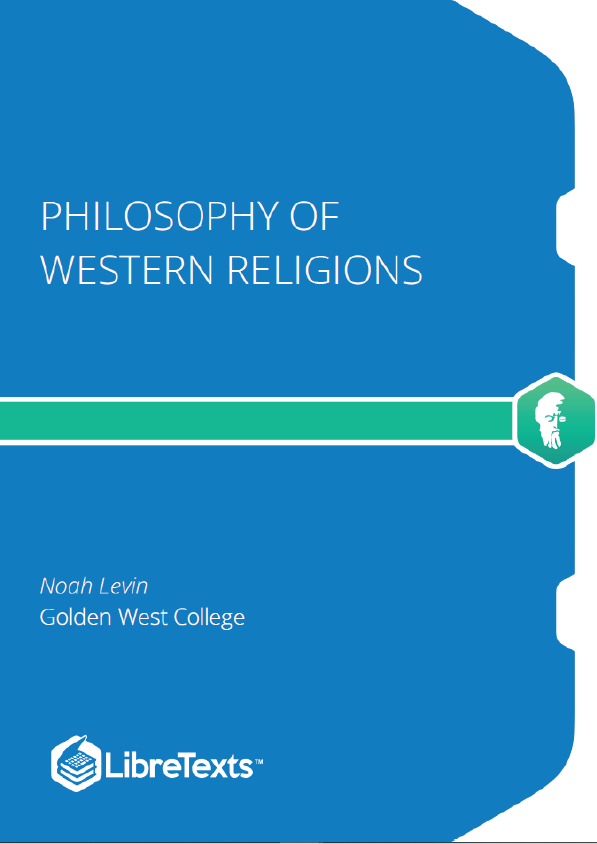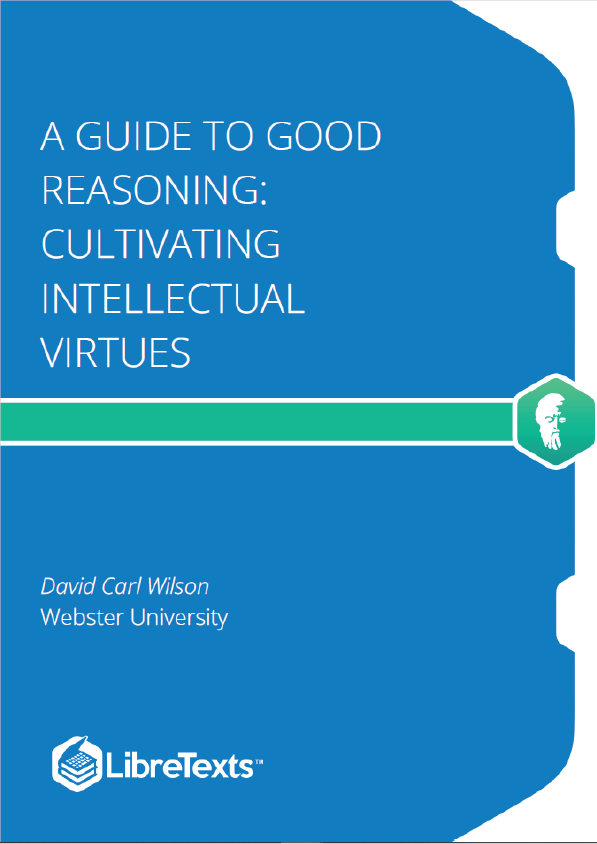RENÉ DESCARTES (1596-1650): Meditations on First Philosophy in which are demonstrated the existence of God and the distinction between the human soul and body. [Brackets] enclose editorial explanations. Small ·dots· enclose material that has been added, but can be read as though it were part of the original text. Occasional •bullets, and also indenting of passages that are not quotations, are meant as aids to grasping the structure of a sentence or a thought. Every four-point ellipsis . . . . indicates the omission of a brief passage that seems to present more difficulty than it is worth. In his title for this work, Descartes is following a tradition (started by Aristotle) which uses ‘first philosophy’ as a label for metaphysics.
Truth and falsity
In these past few days I have become used to keeping my mind away from the senses; and I have become strongly aware that very little is truly known about bodies, whereas much more is known about the human mind and still more about God. So now I find it easy to turn my mind away from objects of the senses and the imagination, towards objects of the intellect alone; these are quite separate from matter, ·whereas the objects of sense and imagination are mostly made of matter·. Indeed, none of my ideas of corporeal [=‘bodily’] things is as distinct as my idea of the human mind, considered purely as a thinking thing with no size or shape or other bodily characteristics. Now, when I consider the fact that I have doubts—which means that I am incomplete and dependent —that leads to my having a vivid and clear idea of a being who is independent and complete, that is, an idea of God. And from the mere fact that •I exist and have such an idea, I infer that •God exists and that every moment of my existence depends on him. This follows clearly; I am sure, indeed, that the human intellect can’t know anything that is more evident or more certain. And now that I can take into account the true God, in whom all the treasures of wisdom and knowledge lie hidden, I think I can see a way through to knowledge of other things in the universe.
To begin with, I see that it is impossible that God should ever deceive me. Only someone who has something wrong with him will engage in trickery or deception. That someone is able to deceive others may be a sign of his skill or power, but his wanting to deceive them is a sign of his malice or weakness; and those are not to be found in God.
Next, I know from experience that I have a faculty of judgment; and this, like everything else I have, was given to me by God. Since God doesn’t want to deceive me, I am sure that he didn’t give me a faculty of judgment that would lead me into error while I was using it correctly.
